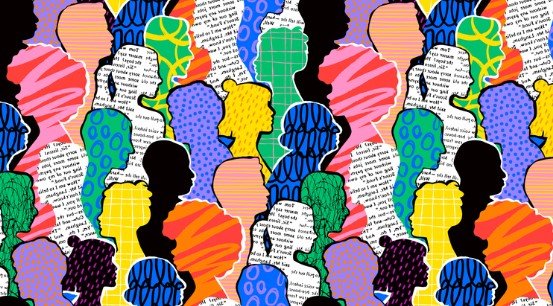The Importance of Inclusive Therapy: Exploring the Benefits of Therapy for Marginalized Communities 09/17

Therapy is a powerful tool for healing and growth, accessible to everyone in an ideal world. However, for marginalized communities, the path to obtaining effective counseling can be fraught with obstacles. Many often face cultural misunderstandings and systemic barriers. Inclusive therapy seeks to break down these barriers, providing a safe space for individuals from diverse backgrounds to receive the support they need. In this article, we discuss different facets of inclusive therapy and why it’s essential for creating a more equitable health care landscape.
Understanding the Need for Inclusive Therapy in Diverse Populations
Numerous studies have shown that marginalized communities often face a higher incidence of mental health issues due to various socioeconomic factors. These can range from systemic oppression and discrimination to poverty and lack of access to basic resources. For members of these communities, therapy can serve as a crucial outlet for coping with stressors that are often overlooked or misunderstood by mainstream services.
Inclusive therapy is informed by an awareness of the social determinants that disproportionately affect the mental health of marginalized populations. It provides therapists with a better understanding of the complex interplay between individual experiences and larger systemic forces. By addressing these factors within the therapeutic context, clients can find more relevance and effectiveness in their treatment. Those interested in this type of therapy can learn more at InclusiveTherapyGroup.com/.
The Role of Cultural Competence in Effective Counseling
Cultural competence is a cornerstone of inclusive therapy, as it allows therapists to understand and respect the culturally specific needs and values of their clients. This goes beyond mere knowledge of customs and beliefs; it requires an empathetic and adaptive approach that can accommodate a range of experiences and worldviews within the therapeutic setting.
Effective cultural competence involves self-awareness from therapists regarding their own cultural backgrounds and biases. It demands an ongoing commitment to education and growth, with the understanding that cultural competence is not a fixed state but a continual process. The goal is to create a therapeutic relationship that is collaborative, respectful, and responsive to the individual’s cultural context.
Overcoming Barriers To Mental Health Care for Marginalized Groups
Despite the critical need for mental health services, marginalized groups often encounter significant barriers that impede access to therapy. Physical access issues, such as a lack of nearby mental health care providers or transportation challenges, can prevent individuals from seeking or continuing therapy. Additionally, financial constraints, including insufficient or absent insurance coverage, can make therapy an unattainable luxury for many.
Another formidable barrier is the stigma attached to therapy within certain cultures or communities. For some, seeking therapy may be seen as a sign of weakness or a betrayal of cultural values. Overcoming these perceptions requires targeted outreach and education that emphasizes the strength and resilience inherent in acknowledging and addressing mental health care concerns.
Language barriers can also deter marginalized individuals from seeking therapy, as the lack of services in one’s native language can result in miscommunication and a feeling of disconnection. To address this, inclusive therapy practices often include multilingual therapists or interpretive services.
The Positive Impact of Representation in Therapy Professions
Representation matters in therapy for several reasons. Seeing oneself reflected in one’s therapist can foster a deeper sense of understanding and trust, which is vital for a successful therapeutic relationship. When inclusive therapists represent the same marginalized communities as their clients, they bring a shared experience that can be reassuring and validating.
This representation also helps to dismantle the power dynamics that can often be present in therapy. It challenges the traditional hierarchy between therapist and client by establishing a more egalitarian foundation. Clients may feel more empowered to share openly with a professional who they believe truly empathizes with their lived experiences.
Beyond individual therapy sessions, the presence of inclusive therapists can influence broader perceptions about who therapy is for and who can benefit from it. It encourages individuals who might otherwise be reluctant to consider therapy as a relevant and approachable resource.
In conclusion, the shift towards inclusive therapy is beneficial and essential for addressing the mental health care disparities that persist in marginalized communities. By acknowledging and incorporating the full spectrum of human experience into therapeutic practices, we pave the way for a more just and compassionate world where mental health care acknowledges and celebrates everyone’s inherent worth.





